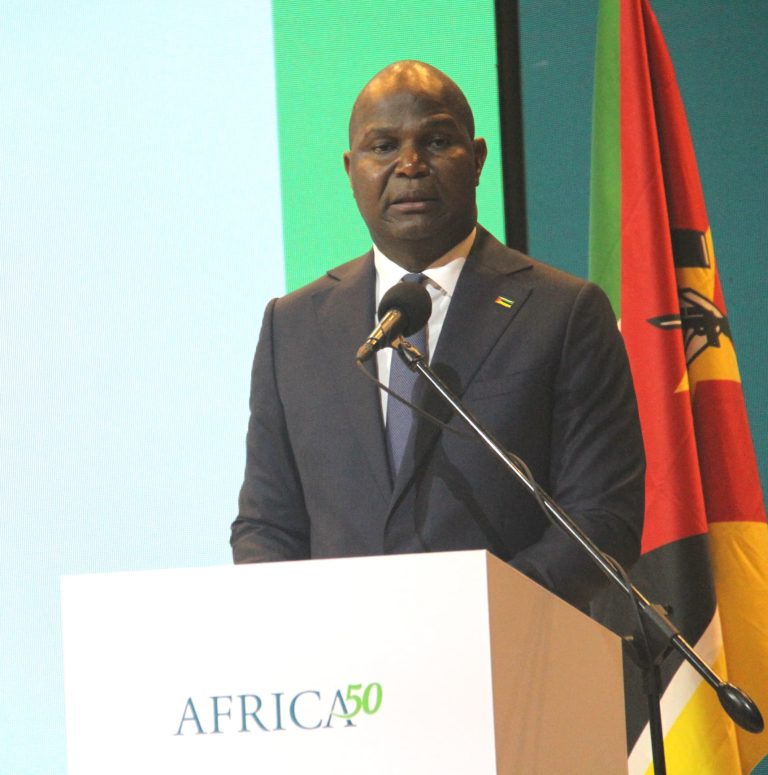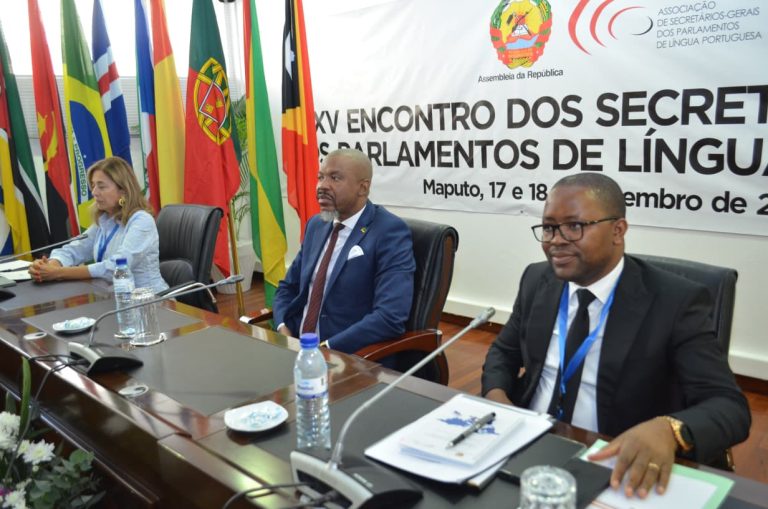
Maputo, 18 Jul (AIM) – The board of directors of the African Development Bank (ADB) Group has approved a grant of 17 million US dollars to support recovery and efforts to build resilience in regions affected by Islamist terrorism in the northern Mozambican province of Cabo Delgado.
In a statement, the organization explains that the funding will support the Resilient Investment for Socio-Economic Empowerment, Peace, and Security (RISE-PS) Project, a new initiative to tackle the root causes of fragility through targeted economic empowerment.
The project will directly create 24,000 jobs, with 60 percent of opportunities earmarked for young people aged 18 to 35, and 50 percent reserved for women. Cumulatively, over 100,000 people are expected to benefit from the initiative.
“This is about more than economic recovery. It’s about giving young people a reason to believe in their future. The project emphasizes youth as peace building agents, unlocking their potential through skills development, entrepreneurship, and decent work opportunities to drive economic stabilization efforts”, said Babatunde Omilola, Manager for Human Capital, Youth and Skill Development at the ADB Regional Office for Southern Africa, cited in the statement.
A cornerstone of the RISE-PS project is the creation of a Peace and Security Investment Hub, coordinated by Mozambique’s Northern Integrated Development Agency (ADIN).
“This hub will coordinate development work across the region and create investment opportunities for both public and private partners”, said Macmillan Anyanwu, the Bank’s Acting Country Manager for Mozambique. “By including local communities in planning and implementing projects — such as letting them choose which infrastructure gets rebuilt — we ensure development truly serves those who need it most.”
Since 2017, violent extremist attacks in Cabo Delgado have killed at least 4,500 people and displaced over one million. Approximately 4,965 small businesses have been destroyed, leaving communities without livelihoods. Youth unemployment currently stands at 25% in the province, with 35% of young women neither employed nor enrolled in education or training.
(AIM)
Ad/pf (332)







